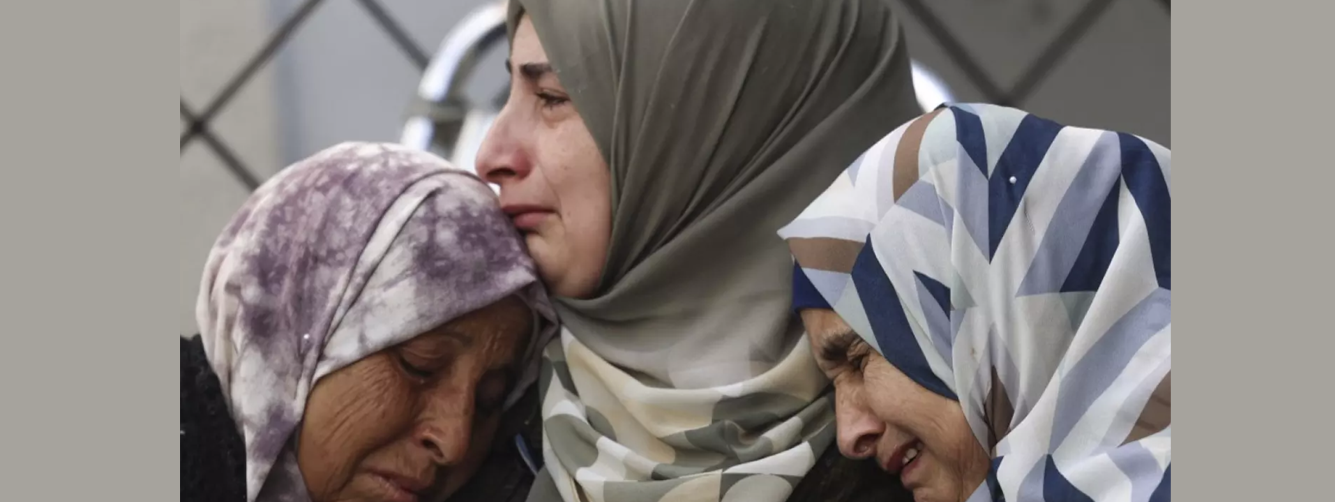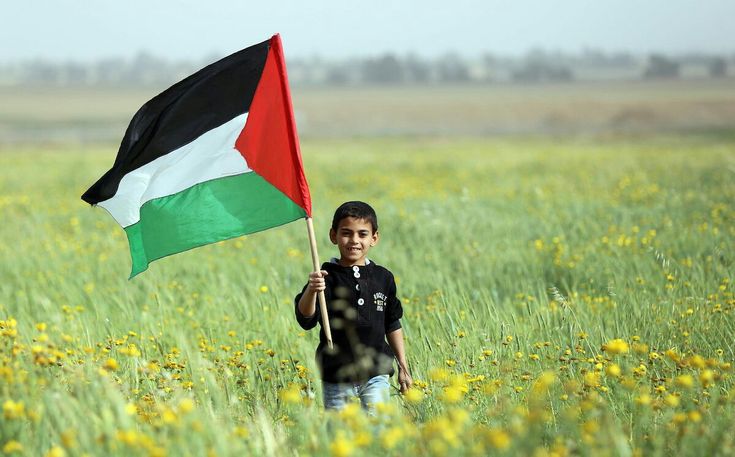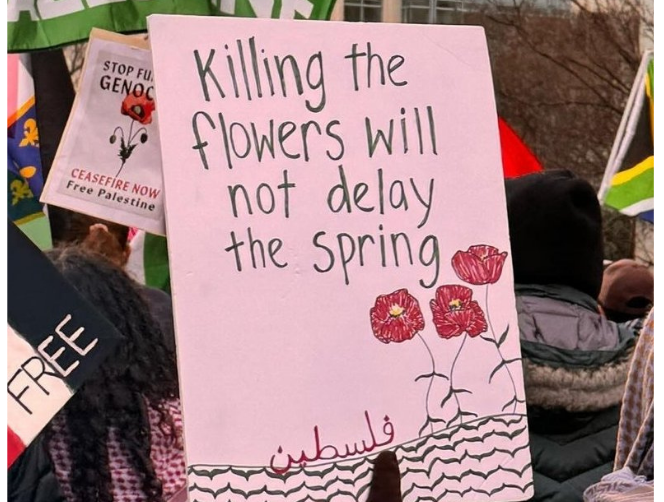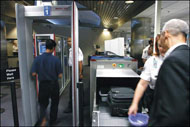The other day I was speaking about Palestinian culture with a friend who runs a school in Jerusalem. It happens to be the first Palestinian green school, which attracts attention from many foreigners, not the religious tourists coming to see the holy land, but the political tourists who want to see the Palestine-Israel conflict firsthand. He told me outsiders, even those well-versed in the conflict, come with wide eyes and wider smiles and ask why no one here returns their grin.
It made me think about how the conflict has hardened Palestinians' demeanor. It's as if the macho aspects of Arab culture are magnified by the constant hassles, threats and intimidation they feel daily under an authority which keeps one nation underfoot to elevate another. It has led the Palestinians to become a very stoic people. Though certainly once you get to know someone here they will open their hearts, when it comes to strangers, the default position is skepticism and reserve.
Too much emotional expressions seem to be regarded as a sign of foolhardiness and naďveté. Even when a conversation starts smoothly, people tend to keep their feelings close to their chest. It's risky showing your emotions here, because to be excessively warm and animated is putting yourself out there and if these expressions are not met with an equivalent response it leaves you looking foolish.
Expressing anger, boredom and frustration on the other hand have the opposite effect. As long as it is not perceived as a show of bravado, negative emotions establish your presence. Tempers tend to be short with any perceived affront or insult easily sparking a heated argument.
Even among the closest relations, short and terse is the norm. All day they are used to keeping such an emotional level, so their minds become trained to stay in that mode. I was raised to always say “please” and “thank you” but here saying them too much comes off as patronizing rather than respectful. I asked my cousin about this and he told me that if you know the person well enough there is no need to say please. When she serves me a delicious meal and I thank her, she looks at me with a screwed up face and looks genuinely perturbed at why I would thank her for something that she feels is her duty to do for a guest.
Thinking about this reminded me about a quote I remember from a movie, "You've got to control your smiles and cries, because that's all you have and nobody can take that away from you." This stoicism comes from the need to take control of what little Palestinians have control over in their lives. Their reputation is one thing that no matter how hard Israeli occupation forces try to, they can never break unless a Palestinian chooses to become an informant.
This issue, possibly more than any other has truly torn at the fabric of Palestinian society. Israel rampantly recruits paid informants who receive money, travel permits, cars, clemency for relatives in Israeli prisons, and even women so they will betray their friends and family to the Israelis. No one is out of bounds for Israeli forces to try to enlist, men women, young, old, West Bank, Gaza, and even Palestinians within Israel. All are targets to be solicited by charismatic Israeli officers who try to act as their personal genie, offering to fulfill their greatest wishes.
Another cousin in Ramallah told me of a run-in he had with an Israeli recruiter. He was summoned to an Israeli military post and spoke with an officer, well-dressed without a uniform, for hours in perfect Arabic about his life, his family, his work, his friends. In the end, after drinking coffee together and trying to make him feel like he really cared, the officer asked him what he wanted in life; to travel, to work in Israel, to get a nice car, to make some easy money. My cousin refused anything from the Israelis but came out of the experience shaken not only about how seductive the approach was, but how much information the officer already had about him.
Trying to adapt to the emotional scale here has been tiring, people constantly keep their guard up in a way I'm not used to. Coming from a comfortable life in the American suburbs, in a safe environment, you are free to stick to the optimistic, happy emotions and if you are made a fool, you move on and only have to deal with a bruised ego. The full spectrum of emotions is used less, where being aloof and short tempered is looked down on.
It's generally been my experience that a smile disarms people. It puts them at ease, since you've already gone to the risk of showing your emotion. For me it's been a risk worth taking, because the potential downside won't last long and doesn't do any real serious damage. But it's the mortal fear of any Palestinian to be taken as a fool. Israelis have the same phobia for that matter, this is a truly binational cultural feature.
Here you have to be much more level, not showing you're easily pleased because it is taken as a sign of weakness. On one hand it seems to be a more realistic approach to life; controlling your emotions to send the non-verbal messages you really want to send. Yet I find it very difficult to keep myself from smiling when I introduce myself and say "Marhaba".
Of course, when it comes to the biggest tourist destinations the shopkeepers, tour guides, and hotel workers that deal with foreigners generally know how to make outsiders feel comfortable. And beyond that, the famous Arab hospitality is always present, just expect it to be extended with a firm handshake and a strong look in the eye.
Michael Khaled is a Writer for the Media and Information Department at the Palestinian Initiative for the Promotion of Global Dialogue and Democracy (MIFTAH). He can be contacted at mid@miftah.org.










